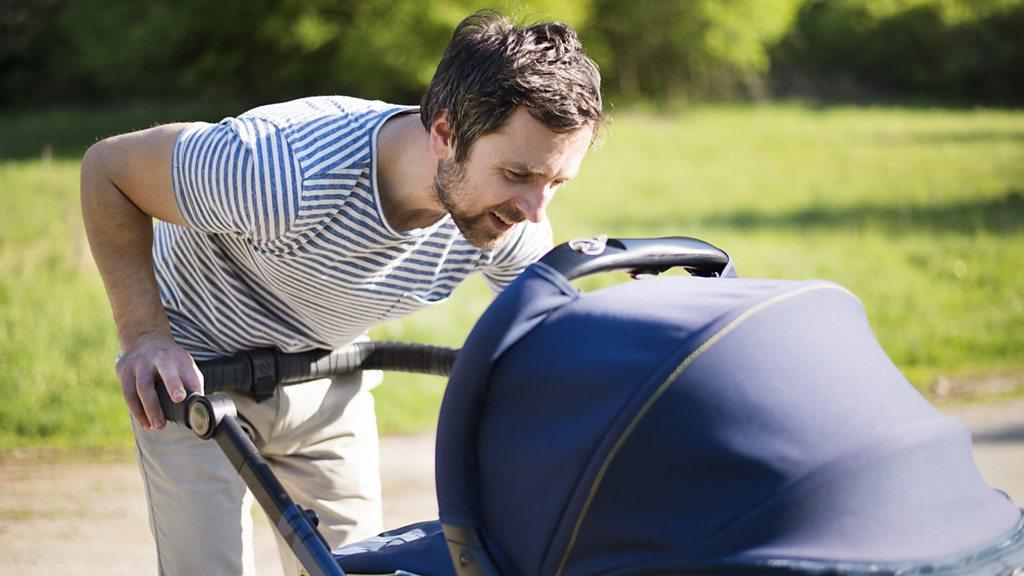Au pairs in Australia 'exploited by families'
- Published
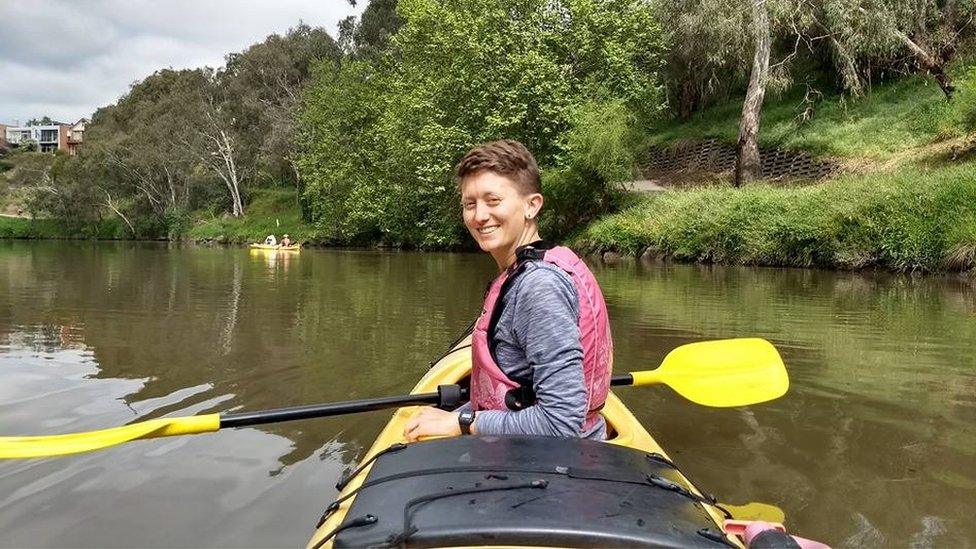
Riley Long: "You have no choice but to do what they're asking you"
A majority of young holidaymakers working as au pairs in Australia are being exploited, a study suggests.
Au pairs are typically given board and some payment by an overseas family in return for minding children and doing light housework.
But many end up being effectively used as employees earning well below the minimum wage, the report says.
The Australian government said it did not tolerate "exploitative practices".
The study, billed as the biggest of its kind, surveyed 1,500 international au pairs working across Australia.
"The demand for au pairing is often explained by Australian families' need for affordable childcare," said co-author Laurie Berg from the University of Technology, Sydney.
"But we found that the majority of families were taking advantage of a large supply of working holidaymakers to get cheap housekeepers as well. So au pairs are working as full-time housekeepers but being paid like babysitters."
'Stark power imbalance'
It's estimated there are at least 10,000 people working as au pairs in Australia - with 90% of them young women.
There is no specific visa for the role - with most coming onto the country on a working holiday visa which allows them to stay with a family for half a year.
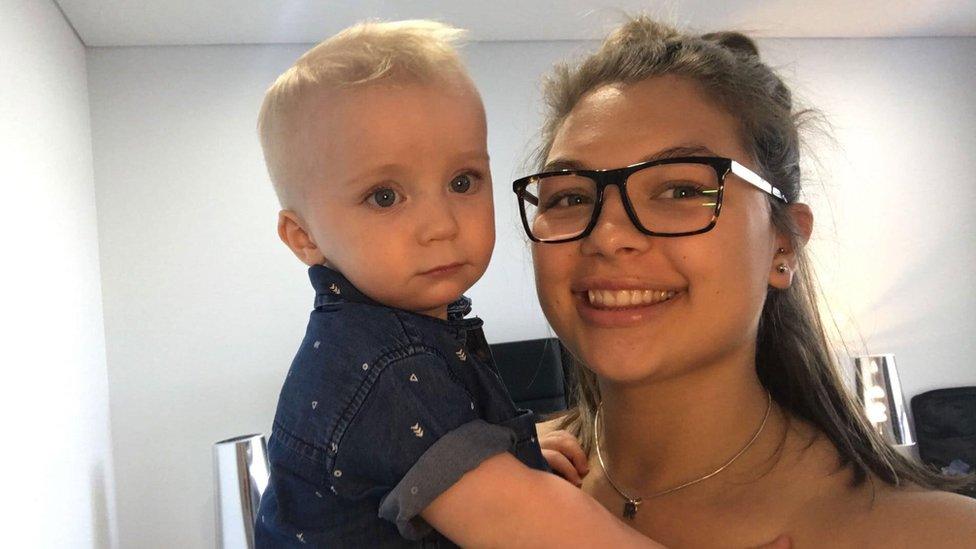
Ryleigh Brown says she is happier after moving in with a new family
Families can then apply for the au pair to be given a six-month extension.
"The lack of regulation means there's a stark power imbalance between families and au pairs," Dr Berg said.
Findings of the report, conducted by UTS and Macquarie University, included:
60% of au pairs found themselves working for about 36 hours a week, doing not only childcare but daily cooking, cleaning and other household tasks.
One in three au pairs who had their contracts terminated were given just 24 hours to move out and find alternative accommodation.
Au pairs who found a host family through an agency fared no better than those who made their own arrangements through Facebook groups and other methods.
Riley Long, 30, from Kansas has returned to the US after working as an au pair in Australia.
He told the BBC exploitation was common, from being asked to do additional cleaning to regular babysitting well beyond what initially had been expected.
"You have very little privacy and because you live under their roof, you have no choice but to do what they're asking you," he said.
British au pair Ryleigh Brown, 20, from Eastbourne in East Sussex has found happiness helping look after four children with a family living outside Canberra.
But she told the BBC previous jobs had left her isolated - claiming one family was not welcoming, communicated mainly by text message and expected her to do far more cleaning than she bargained for.
"I felt like 'the help'. It was like they just wanted an extra pair of hands, not someone to come and look after their kid," she said.
"It's supposed to be a cultural exchange but I didn't get anything out of it that I couldn't have got back home."
Most experiences 'very happy'
Australia's Home Affairs Department said that people on working holiday visas had the same rights as all other employees - and that employers who exploited workers faced prosecution.
The Cultural Au Pair Association of Australia has been lobbying the government for more regulation, including a push for a specific au pair visa.
"We send young Australians to the US who work as au pairs under well-regulated programmes and so we should expect the same for young people who come here to Australia," chairwoman Wendi Alyward told the BBC.
But she said that despite the horror stories, most au pairs enjoyed their time in the country.
"Overwhelmingly au pairs are happy with their experience. A family engages with an au pair, an au pair shares their culture. That's cultural exchange. It's very hard to measure currently but we know it happens in most cases."
Ms Alyward - who is also managing director of travel firm AIFS, which includes an au pair agency - said arranging placements with a reputable firm which screened both au pairs and families was one way to help ensure the experience was positive for everyone.
Reports of exploitation in sectors of the Australian workforce reliant on backpackers are not new.
Last year a study found one in three backpackers and a quarter of foreign students working in Australia were being paid about half the minimum wage or less, with those in fruit-picking jobs faring worst.
- Published28 November 2017
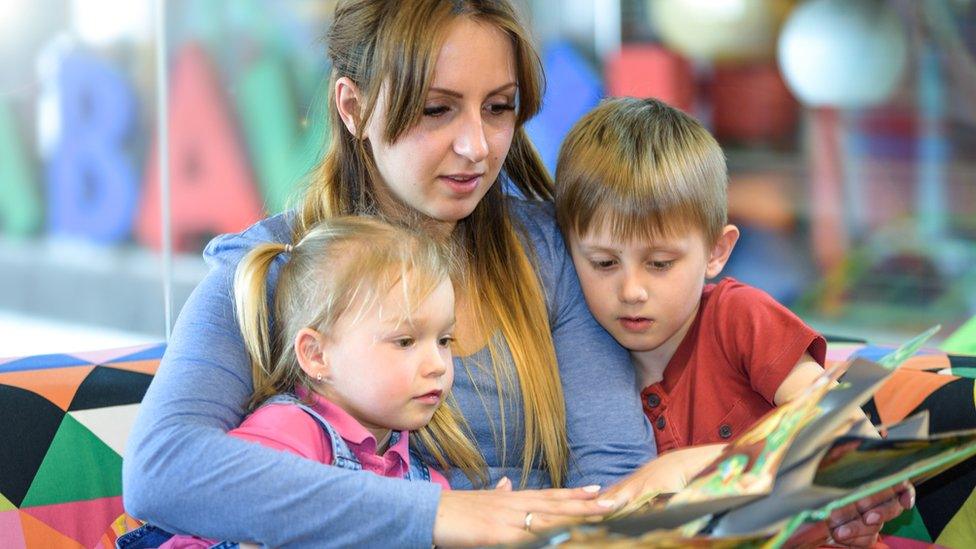
- Published25 November 2018
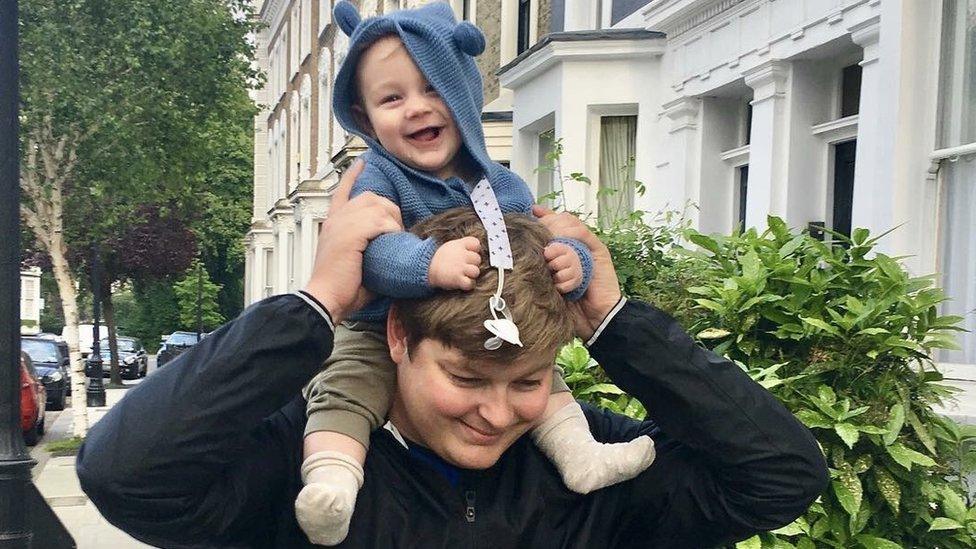
- Published5 July 2018
